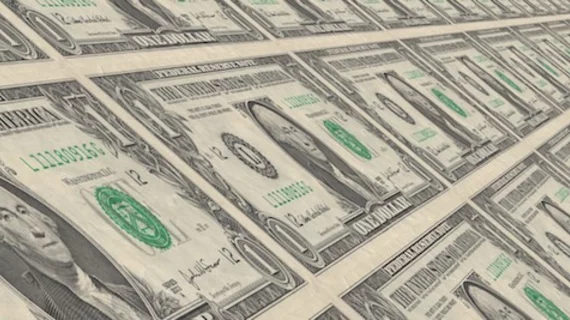Imaging societies, vendors support government funding for Mo-99 production
The Society of Nuclear Medicine and Molecular Imaging (SNMMI) announced this week that SNMMI President Satoshi Minoshima, MD, PhD, was one of several industry leaders who signed a letter to the Senate and House subcommittees on Energy and Water Development in support of securing additional funding for molybdenum-99 (Mo-99) production.
The letter, available here in full, specifies specific provisions in the House and Senate that would set aside $20 million in funding to establish the production of Mo-99, which is then used to produce technecium-99m.
“The undersigned are a coalition of patients, health care providers, medical imaging companies, radiopharmaceutical manufacturers, and distributors unified in our concern about secure supply of Mo-99,” the letter said. “Despite Congress passing the American Medical Isotope Production Act of 2012, a sufficient domestic supply has not been established. Currently, the global Mo-99 industry has been facing supply challenges, meaning patient access to these important nuclear medicine procedures continues to be at risk.”
Representatives from the American College of Cardiology, American College of Radiology, American Society of Nuclear Cardiology, American Cancer Society Cancer Action Network and several other organizations also signed the letter.

